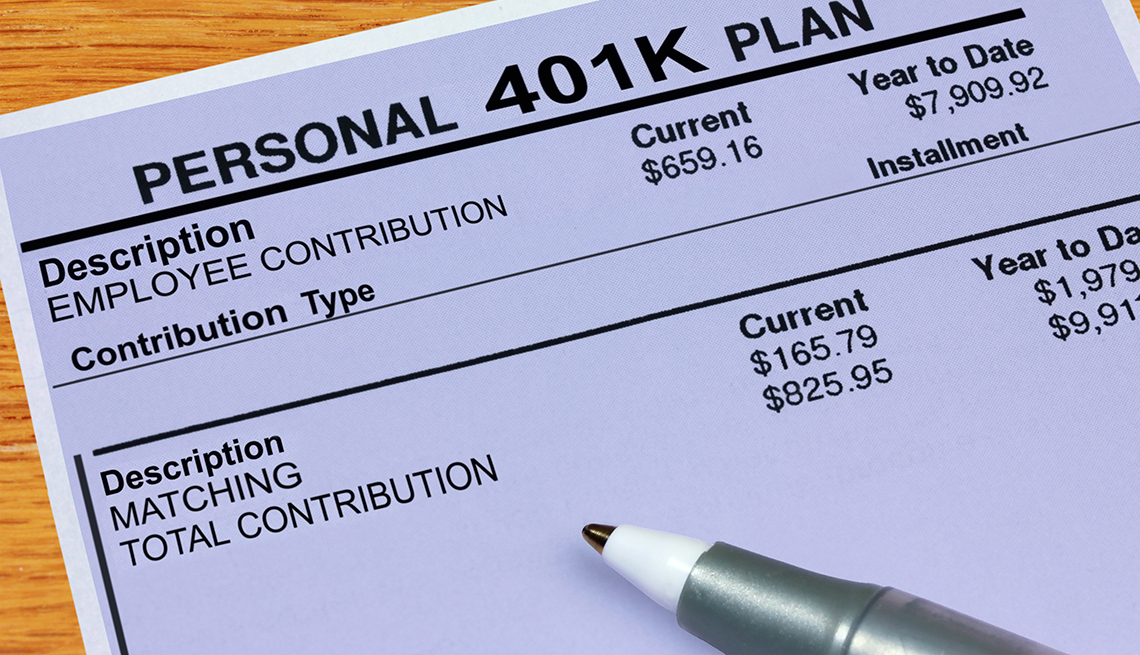AARP Hearing Center
As the coronavirus shutdown grinds on, many companies are conserving cash by suspending contributions to employees’ 401(k) retirement accounts. At least 16 large employers have done so, including Amtrak, Best Buy, Marriott World Vacations and Tenet Health, according to tracking by the Center for Retirement Research (CRR) at Boston College.
It's not a new phenomenon. The 2001 recession and the 2008–09 financial crash saw waves of 401(k) match suspensions. In the latter instance, more than 200 companies dropped contributions, affecting nearly 5 percent of all 401(k)s nationwide, a CRR study found. About three-quarters reinstated the matches as the economy recovered.
Given the severity of the current downturn, “cutting matches is one of the milder things that a company can do” to address a sudden plunge in revenue, says Alicia Munnell, the center's director. Tens of millions of Americans have been laid off or furloughed since stay-at-home orders brought some sectors of the economy to a virtual halt.
Still, “I do expect to see a lot more companies that are lucky enough to still have some revenues coming in cut their employee match,” Munnell predicts. “I would expect that they restore the match within a year or two after this crisis ends.”
Fidelity Investments surveyed 350 companies that use the financial firm for their employee savings plans and found that 8 percent are likely to suspend or reduce 401(k) matches. Twenty-nine percent said they are considering such a move, and 63 percent plan to maintain their current match.
Keep contributing to your 401(k)
According to the U.S. Bureau of Labor Statistics, about 60 percent of American workers have access to “defined contribution” retirement plans, of which 401(k)s are the dominant type, and about 43 percent participate.



































































